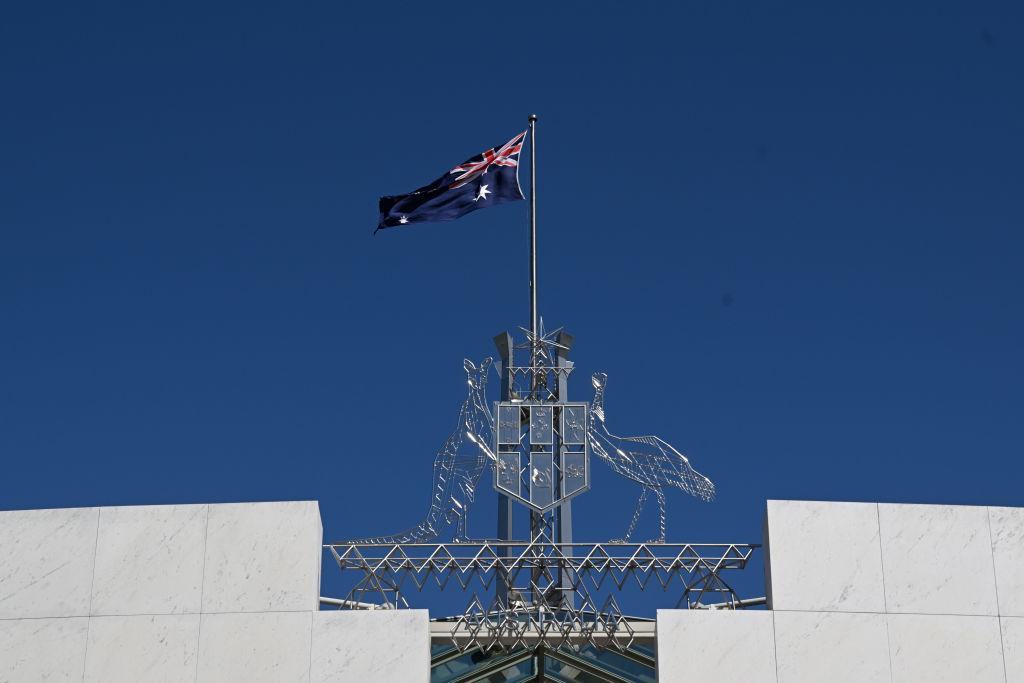In an Australian first, the ACT will raise the minimum age of criminal responsibility to 14 from July 1, 2025.
The Justice (Age of Criminal Responsibility) Legislation Amendment Bill 2023 was passed in the legislative assembly on Nov. 2.

In an Australian first, the ACT will raise the minimum age of criminal responsibility to 14 from July 1, 2025.
The Justice (Age of Criminal Responsibility) Legislation Amendment Bill 2023 was passed in the legislative assembly on Nov. 2.